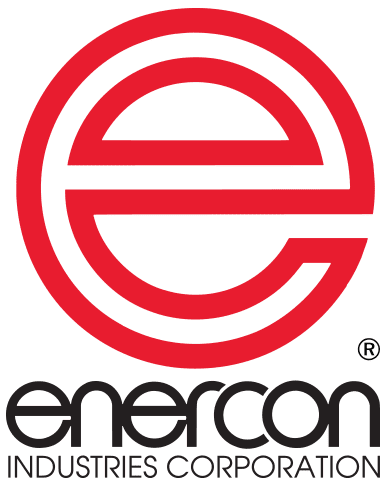Induction Seals: Guardians on the E-Commerce Journey
Having products delivered directly to your door is a modern convenience. However, many packagers are still trying to optimize packaging through e-commerce channels. Leaking chemicals, spilled dishwashing liquid and compromised products leave consumers with messes that can be avoided with better packaging. Packaging’s primary function is to ensure your customers have an optimal experience with your product. To achieve this goal, packaging needs to protect your product while withstanding the rigors of its journey to your customer. Induction cap seals are guardians on these journeys providing protection against leaks, preserving freshness and offering tamper evidence. However, e-commerce presents a more challenging, unpredictable and perilous journey than does the path through a brick and mortar retail store. Let’s take a look at the differences.
Predictable Journey for Brick & Mortar Retail
When preparing products to ship for retail sale, your product’s journey is predictable. Containers are likely to maintain an upright position, protected from excessive pressure, and stacked and palletized in accordance with best practices. Once delivered to a brick & mortar store, your products are added to shelves either individually or as part of a retail-ready case configuration.
Packaging for Perilous E-commerce
Product orders fulfilled from online e-commerce purchases have a very different journey than a product sold through traditional retail.
Warehouses and fulfillment services usually require forms of leak prevention not required in a retail journey. The most popular method of preventing leaks for threaded capped containers is induction sealing. The hermetic seal is economical, effective and can provide additional benefits such as freshness preservation and tamper evidence.
Note the use of the word “hermetic”. Unlike a pressure-sensitive liner, which is pressed on, an induction seal provides a higher level of protection by bonding with the lip of the container and preventing permeation of air or moisture.
If packagers do not comply with leak prevention requirements, e-commerce companies, such as Amazon, may refuse to carry products or charge manufacturers additional prep charges. Likewise, UPS, FedEx & DHL also have firm requirements to prevent leaks during transit.
It is also important to consider how your container will be packaged by fulfillment centers when shipping solo as well as when being combined with other products. Unlike retail, where products are carefully case packed in a controlled environment, your product may encounter a more unpredictable journey.
Consider the implications if your container will be on its side or upside down for extended periods during shipping. Will your cap and container maintain its integrity when the product is pressing against the cap? Does the product have any caustic properties that will interact with the cap or liner in an adverse way?
It’s also possible that your container may be exposed to excessive pressure from other products in the same shipment which could crack, break or deform the shape of your container or cap. These pressures can even compromise a sealed container.
Finally, your product may be exposed to changes in atmospheric pressure or swings in temperature that do not occur on its retail journey. These changes can compromise the integrity of your packaging and create a negative experience for your customer.
One of the keys to successful induction sealing is ensuring you set up your operating window and your operators select the right power level. The Super Seal Touch offers a recipe mode where you can store application names and power level settings. Take the guesswork out of setup and ensure repeatable performance.
Enercon’s Cap Seal Lab is a Great Place to Start
If you have questions about adding an induction seal to your package or ensuring it will perform for your product’s journey, please connect with our experts. We consult with packagers every day on the best configurations for induction sealing success and we can even conduct a free lab trial for you to ensure you always Achieve a Perfect Seal.
Additionally, if you would like to learn more, check out our e-commerce webinar we put together with fellow APASS (Amazon Packaging Support and Supplier Network) Member, Fuseneo. Or learn how Bryson Industries eliminated leaks with an induction seal for e-commerce shipments.


